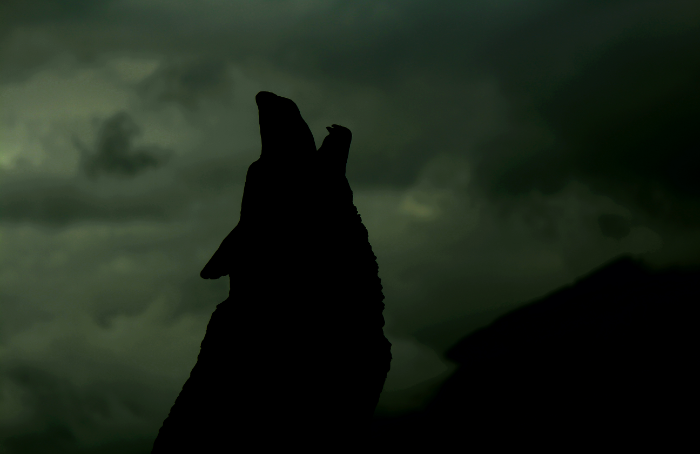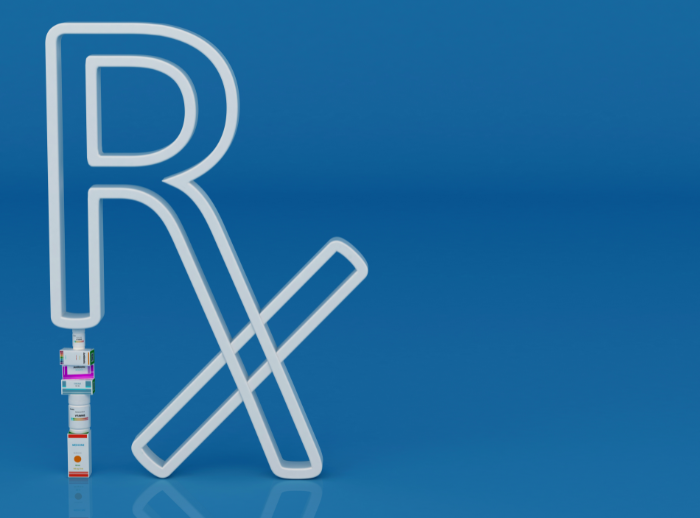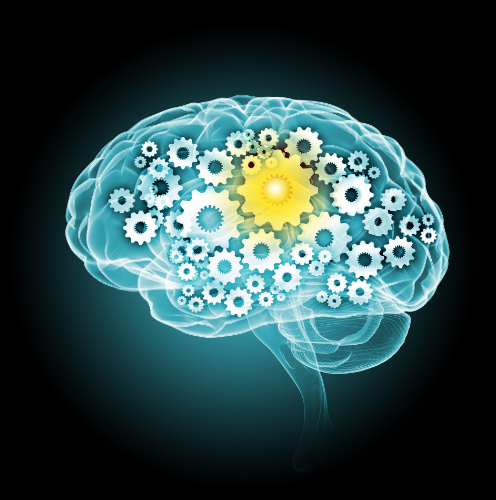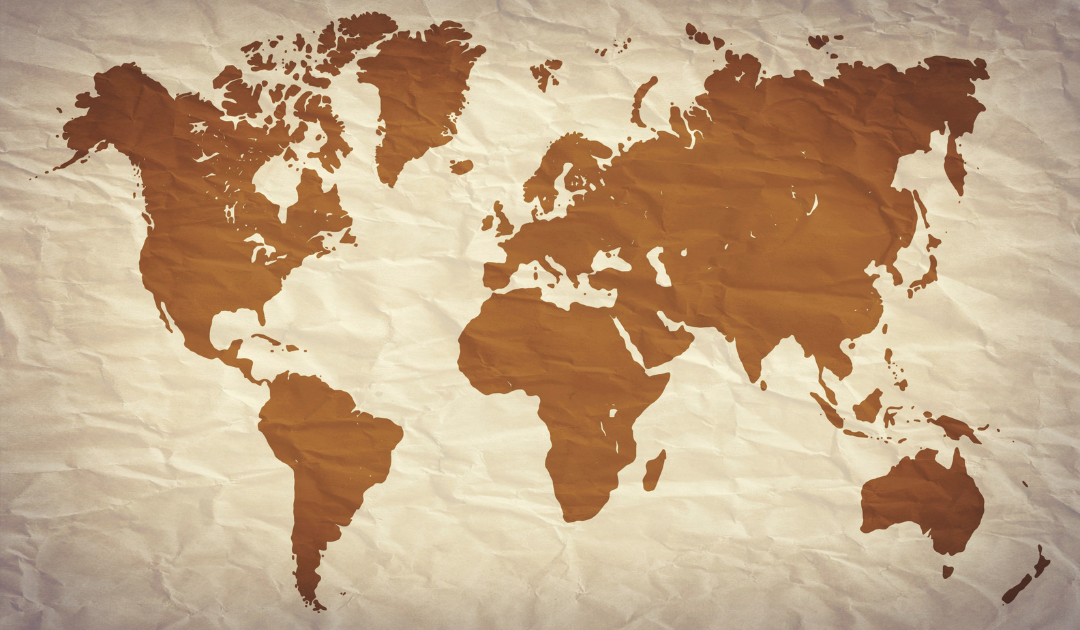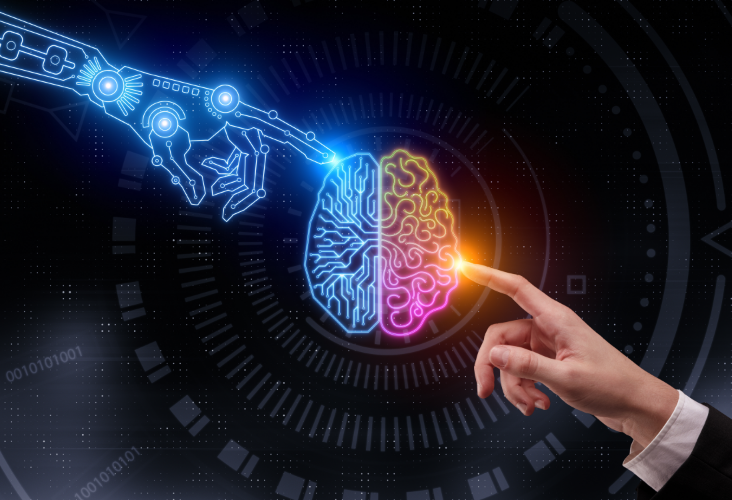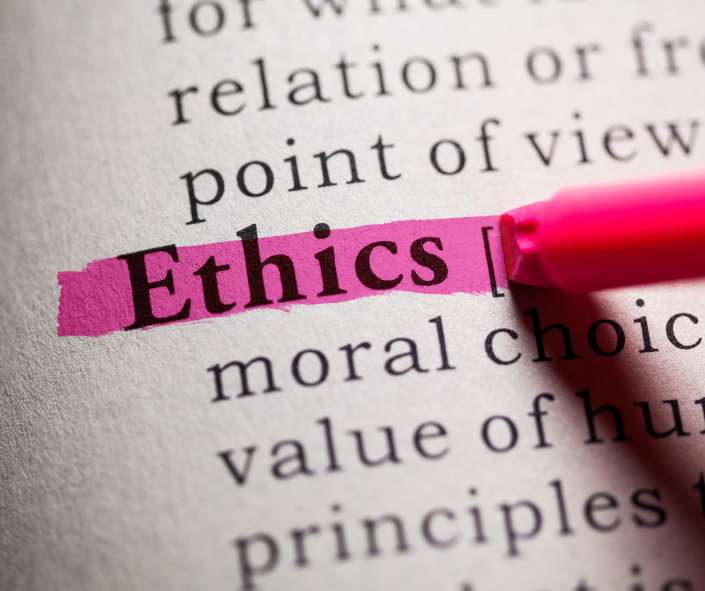Tucked in an obscure corner of my library, I came across Strategy of the Dolphin: Scoring a Win in a Changing World by Dudley Lynch and Paul L. Kordis. Their book introduced a fresh perspective on business strategy, leadership, and personal growth. The book categorized individuals into three primary mindsets—carp, sharks, and dolphins—to illustrate different approaches to competition and adaptability. Nearly forty years later, I began rereading it. In 2025, does this framework still hold relevance in today’s rapidly evolving business world? Let’s explore the book’s main points and assess its applicability in the modern era.
Key Concepts of “Strategy of the Dolphin”
The book’s core premise is that individuals and organizations operate with different strategic mindsets, influencing their ability to succeed in a dynamic world. The three primary archetypes are:
- Carps—These individuals are passive and reactive and often feel powerless in the face of change. They tend to be victims of circumstances rather than active participants in shaping their future.
- Sharks – Competitive, aggressive, and self-serving, sharks operate under a zero-sum mentality, where winning means someone else must lose. They thrive in cutthroat environments but often fail to foster long-term success due to their adversarial approach.
- Dolphins – Adaptive, intelligent, and strategic, dolphins embody an approach that balances cooperation with competition. They seek creative, win-win solutions and are agile in responding to changing conditions.
The book argues that those who think and act like dolphins—leveraging intelligence, flexibility, and a willingness to collaborate—are best positioned for sustained success in an era of constant change.
Does This Framework Still Apply in 2025?
The world has transformed significantly since 1988. The rise of digital technology, artificial intelligence, globalization, and shifting workplace dynamics has altered how businesses operate. However, the fundamental ideas behind “Strategy of the Dolphin” remain surprisingly relevant:
- The Need for Adaptability: Today’s business landscape is defined by rapid disruption. Companies that embrace change, innovate continuously, and remain flexible—akin to the dolphin mindset—tend to thrive. Examples include companies that successfully pivoted during the COVID-19 pandemic and those leading AI-driven transformations.
- The Shift from Zero-Sum to Win-Win Strategies: The traditional “shark” approach of ruthless competition is becoming less viable in prioritizing sustainability, corporate responsibility, and ethical leadership. Collaborative ecosystems, strategic partnerships, and shared-value business models align more closely with the dolphin strategy.
- Emotional Intelligence and Strategic Thinking: Leaders today must navigate complex challenges requiring more than intelligence and experience; emotional intelligence, adaptability, and ethical decision-making have become essential qualities—traits that the dolphin mindset embodies.
- The Pitfalls of Passive Mindsets: As industries evolve rapidly, those who adopt a “carp” mentality—failing to take initiative or adapt—are at a high risk of obsolescence. The digital divide, automation, and economic shifts continue to widen the gap between proactive and reactive individuals and businesses.
Conclusion: A Timeless Strategy?
While the world has changed dramatically since “Strategy of the Dolphin” was published, the book’s central insights remain valuable. Adapting, collaborating, and thinking strategically is more important than ever in 2025. The terminology of carp, sharks, and dolphins may feel somewhat dated, but the underlying principles align with modern leadership theories, agile methodologies, and the push toward more conscious capitalism.
For professionals and organizations navigating today’s complexities, embracing the dolphin approach—balancing intelligence, ethical leadership, and adaptability—is a winning strategy. The book serves as a reminder that those who innovate and seek mutually beneficial solutions will always have an edge in a constantly shifting world.























